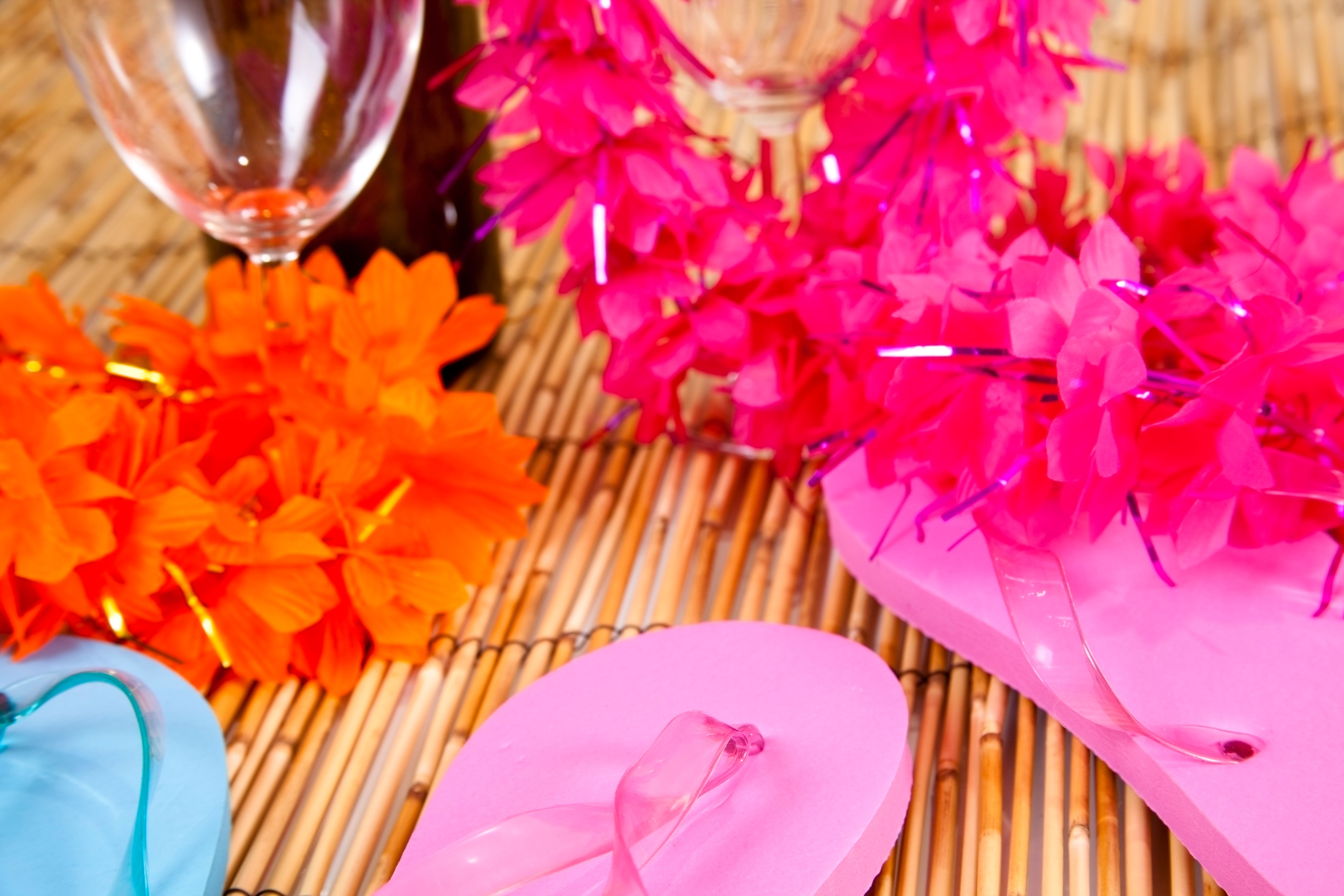Mastering the Art of Hosting a Degustation Dinner
Introduction to Degustation Dinners
Hosting a degustation dinner is an exciting opportunity to showcase culinary skills and offer guests a memorable dining experience. Unlike traditional dinners, a degustation is a carefully curated tasting menu that allows diners to explore a variety of flavors and textures. This unique approach to dining is perfect for food enthusiasts and those looking to experiment with new dishes.
Crafting a successful degustation menu requires attention to detail and a flair for creativity. From selecting dishes to pairing wines, every element plays a crucial role in the overall experience. Whether you're a seasoned chef or a home cook, mastering the art of hosting a degustation dinner can elevate your culinary prowess.

Planning Your Menu
The foundation of any great degustation dinner is the menu. Typically consisting of six to ten small courses, each dish should be thoughtfully designed to complement the others. Begin by considering the seasonality of ingredients and the preferences of your guests. A well-balanced menu will include a mix of flavors, textures, and cooking techniques.
Consider starting with lighter dishes such as fresh salads or seafood before progressing to richer courses like meats or pasta. Finish with a decadent dessert to leave a lasting impression. It's important to ensure that each dish is distinct yet harmonious with the overall theme.
Pairing Wines
An essential component of the degustation experience is wine pairing. The right wines can enhance the flavors of each dish and provide a well-rounded dining experience. As a rule of thumb, start with lighter wines like whites or rosés for early courses and move towards fuller-bodied reds as the meal progresses.
When selecting wines, consider the key flavors and ingredients in each dish. A crisp Sauvignon Blanc may complement a citrusy salad, while a robust Cabernet Sauvignon could pair beautifully with a rich beef course. Don't hesitate to consult with a sommelier or do some research if you're unsure about pairings.

Setting the Scene
The ambiance of your degustation dinner is just as important as the food itself. Create an inviting atmosphere with thoughtful table settings and decor. Consider using elegant tableware, fresh flowers, and soft lighting to elevate the dining experience.
Music can also play a significant role in setting the mood. Choose a playlist that complements the theme of your dinner without overpowering conversation. The goal is to create a relaxed yet sophisticated environment where guests can enjoy each other's company and the culinary delights on offer.
Managing the Timing
Timing is key when hosting a degustation dinner. Each course should be served at a steady pace to maintain interest and engagement throughout the evening. Aim for approximately 20-30 minutes per course, allowing guests ample time to savor each dish while maintaining momentum.

Preparation is crucial to ensuring smooth service. Have all ingredients prepped in advance and consider enlisting help if needed. This will allow you to focus on executing each dish perfectly without feeling rushed.
Engaging with Guests
A successful degustation dinner is as much about interaction as it is about food. Encourage conversation by providing guests with background information on each dish and wine pairing. This adds an educational element to the evening and gives guests insight into your culinary process.
Consider sharing stories about the inspiration behind certain dishes or interesting facts about ingredients used. This not only enhances the dining experience but also fosters a deeper appreciation for the effort and creativity involved in crafting the menu.
Conclusion
Hosting a degustation dinner requires careful planning, creativity, and attention to detail. By curating a thoughtful menu, selecting complementary wines, setting an inviting scene, managing timing effectively, and engaging with guests, you can master the art of degustation dining. With practice, you'll be able to create unforgettable experiences that leave your guests eagerly anticipating your next culinary adventure.
